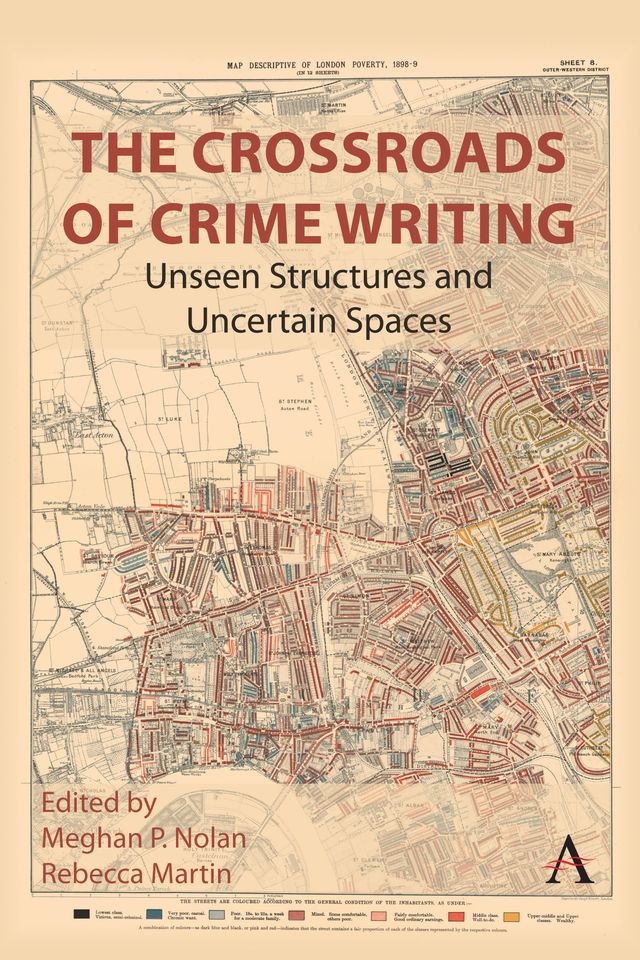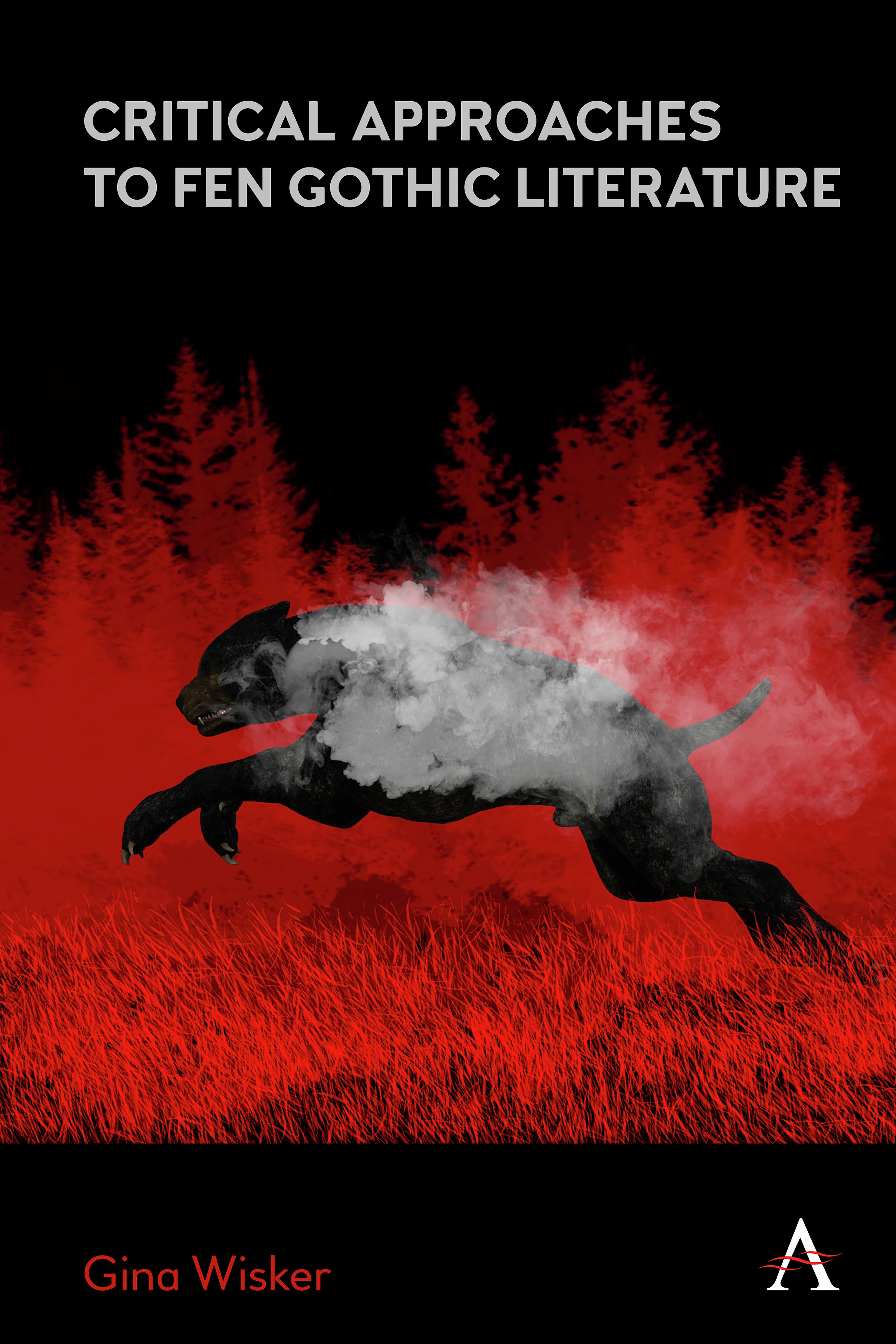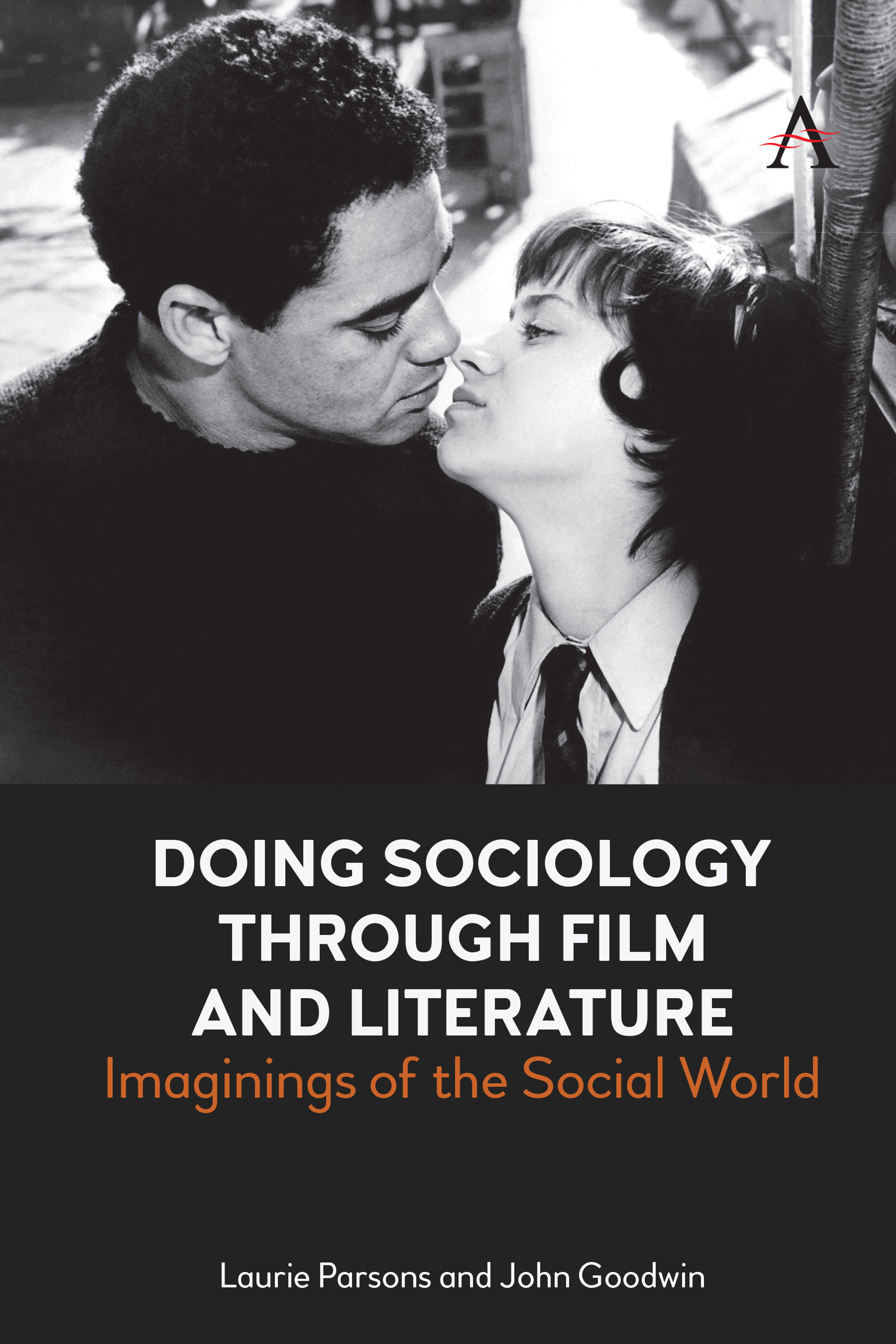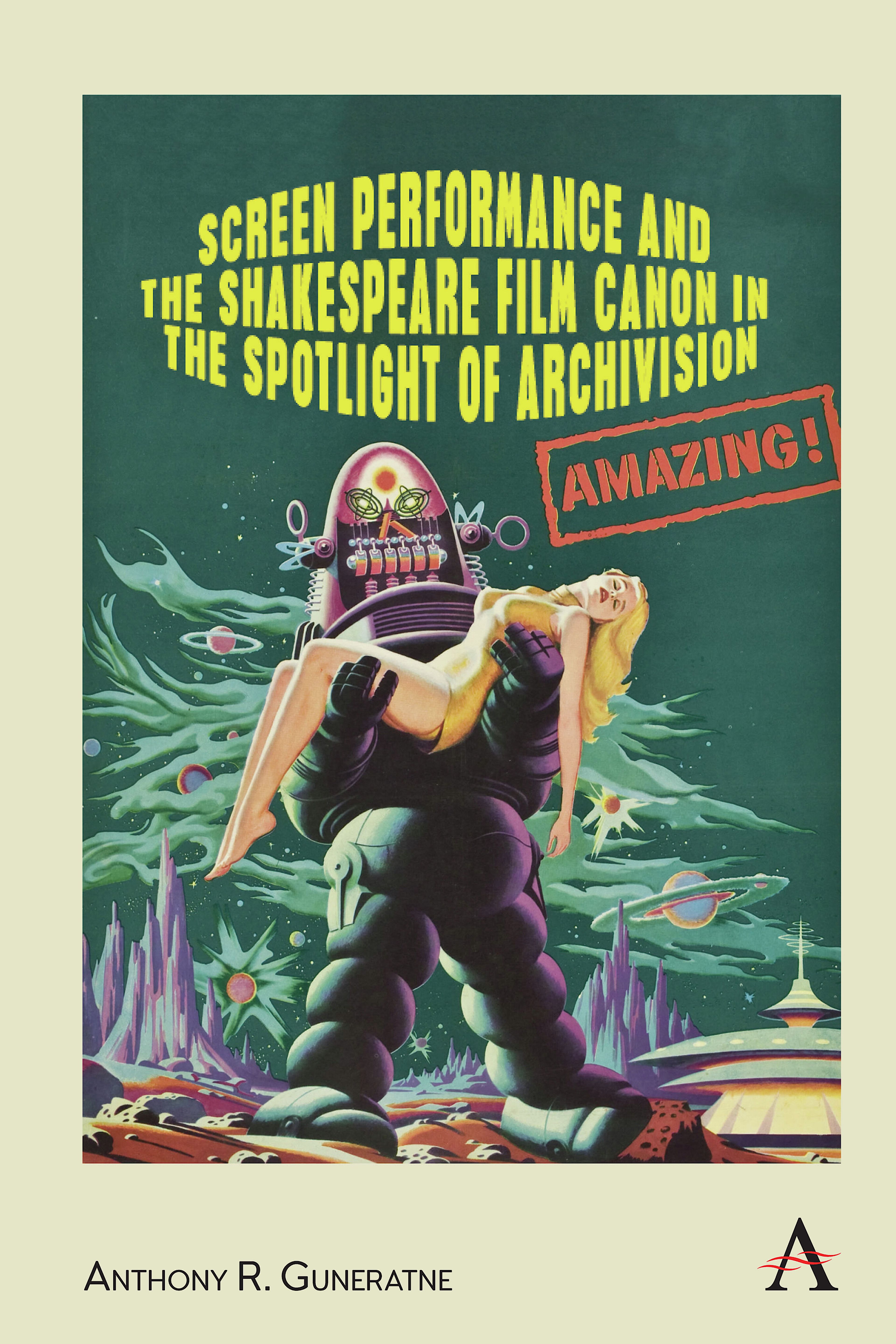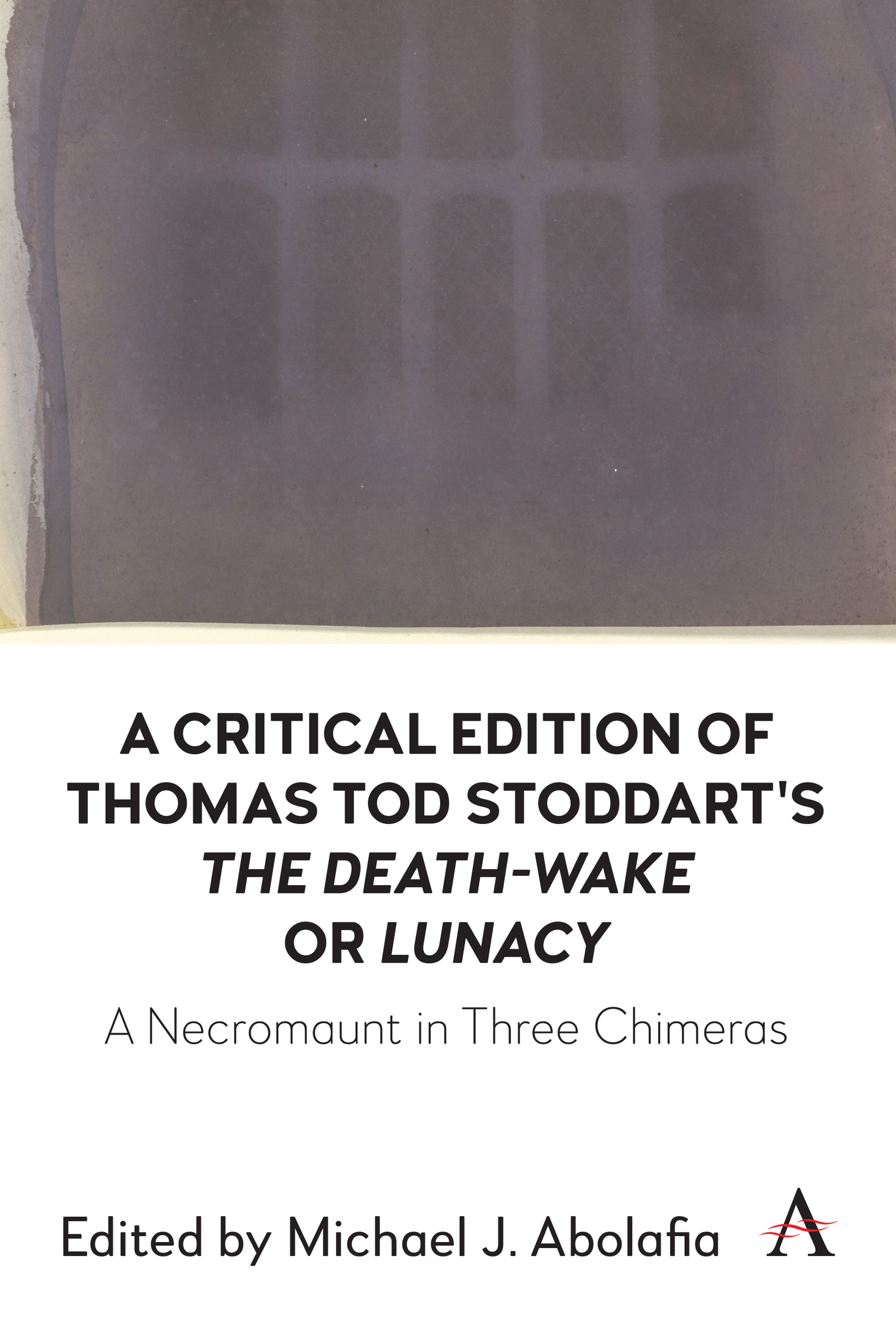Edited by Meghan P. Nolan and Rebecca Martin
ISBN: 9781839991172
Pages: 244
Pub Date: March 2024
Imprint: Anthem Press
Over a century ago, in his examination The Sensational in Modern English Fiction (1919), Walter Clarke Phillips declared, “Whatever sources of appeal may come or go, there is one which from the very structure of modern democratic society seldom bids for applause unheeded—that is, the appeal to fear” (p. 2). It is to this appeal that we owe the abundance of crime writing at our disposal—a trove of mystery that undoubtedly fascinates in its ability to entertain while safely reflecting the ugliest truths about ourselves and the societies in which we live. Thus, crime writing is the perfect vehicle for examining the origins and endurance of those societal fears which are firmly grounded in such conceptions and the perceived boundaries that perpetuate them, and it simultaneously gives us the opportunity to evaluate the full range of those characteristics that differentiate the genre, particularly in its ability to allow us to begin to pick apart social constructions in relation to its own composition.
This volume argues that we must examine the boundaries in fiction and non-fiction crime writing with an awareness of and turn toward the unseen structures and spatial uncertainties that so often lead to collective anxieties. The chapters within utilize theories of cultural memory and/or deep mapping in order to explore the interplay of the literary, historical, social, and cultural in various modes of crime writing through the examination of unseen structures and uncertain spaces and provide new insights into the works of iconic authors, such as Agatha Christie, and iconic fictional figures, such as Sherlock Holmes, as well as into underexplored subjects, such as Ukrainian detective fiction of the Soviet period and crime writing by a Bengali police detective at the turn of the twentieth century.
This volume features authors and subjects that are global in scope with original, innovative work on crime writing from the 1890s to as recent as 2017. The breadth of coverage—of both time and place—is an indicator of a text in which seasoned readers, advanced students, and academics will find specialized explorations of individual works and authors, while the critical and theoretical approaches and the topical coherence of the collection offer to a wide audience a scholarly overview of crime writing, as a still-growing area of popular interest and a still-evolving field of intellectual exploration.
